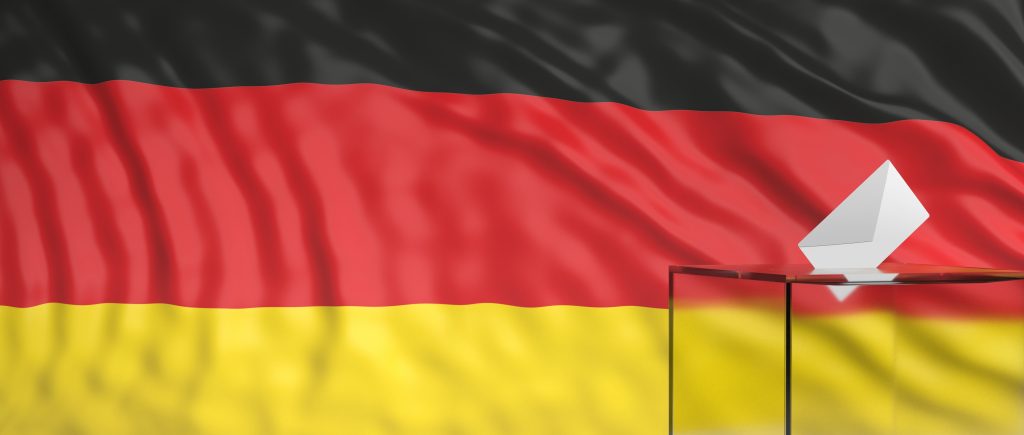German Chancellor Olaf Scholz disbanded his coalition government composed of the Social Democrats, Greens, and Free Democrats the day after Donald Trump was re-elected as U.S. President in November. Additionally, he accelerated the election date in Germany from September 2025 to February 23, 2025. Germany lost its government as a result of this political ploy at a time when many EU members feel that the nation’s economic and security problems require immediate attention. The truth is, though, that not much will change following the elections.
Latest opinion polls suggest that the next government is likely to be a grand coalition of the Christian Democrats and the Social Democrats. Before Angela Merkel became Chancellor in 2005, there had been only one grand coalition in the history of the German Republic. Since then, however, coalitions have become the norm, with Merkel leading a grand coalition during her four terms in office.
Even when the government is not technically a grand coalition, as in the case of Scholz’s coalition, which did not include the CDU or CSU, it still functions as a broadly governing coalition. This is due to the nature of power distribution in the German political system: for example, the Senate is made up of the governments of Germany’s 16 states. The country’s rigidity is mostly structural. In any case, there is consensus on almost everything regarding German policy goals, meaning that any policy changes resulting from a change of government are unlikely to be “radical changes.”
The good news is that by cutting the budget deficit and public debt, the new ruling coalition may be able to slow Germany’s debt growth. When Merkel led the ruling coalition in 2009, the idea of such a coalition was first put up. A two-thirds majority in the Bundestag was needed to insert the plan to lower the debt and budget deficit in the constitution, and another two-thirds majority was needed to remove it.
For Germany and the rest of Europe, the debt brake was disastrous because it hindered necessary investment in military, infrastructure, and education. When the euro crisis started in 2011, Merkel was also successful in persuading the other EU members to embrace a version of of the German debt brake.
Developments in the German political scene are undoubtedly of great importance to the movement of the euro, making the election results in the country that hosts the largest economy in the region one of the most important factors influencing the movement of the single European currency.
Political Turmoil
Following the collapse of the ruling coalition led by German Chancellor Olaf Scholz due to the loss of the parliamentary majority, Scholz requested a vote of confidence in his government. The government lost after parliament voted in favor of no confidence on December 16, 2024, which Scholz was actually targeting as a pretext to ask the German president to dissolve parliament and call for early elections.
German President Frank-Walter Steinmeier announced the dissolution of parliament and the holding of early elections on February 23. Steinmeier said in Berlin on Friday (December 27, 2024) that in difficult times like now, stability requires an effective government and a reliable majority in parliament.
Article 68 of the German constitution states that the federal president can dissolve parliament on the proposal of the chancellor if the latter loses a vote of confidence, within 21 days of the proposal being submitted. Article 39 states that early elections must be held within 60 days of the dissolution of parliament.
It is worth noting that the German economy occupies a prominent place on the agendas of the German political parties competing for seats in the parliament in Germany, the largest economy in the Eurozone, next February.
For example, the CDU/CSU alliance is planning a more liberal economy than before. This includes gradually reducing income tax and corporate taxes to 25%. The two parties, the CDU/CSU and the SPD, also promise not to cut pensions and assure voters that those who want to continue working after retirement age will be able to earn up to an additional 2,000 euros tax-free.

 Noor Trends News, Technical Analysis, Educational Tools and Recommendations
Noor Trends News, Technical Analysis, Educational Tools and Recommendations




